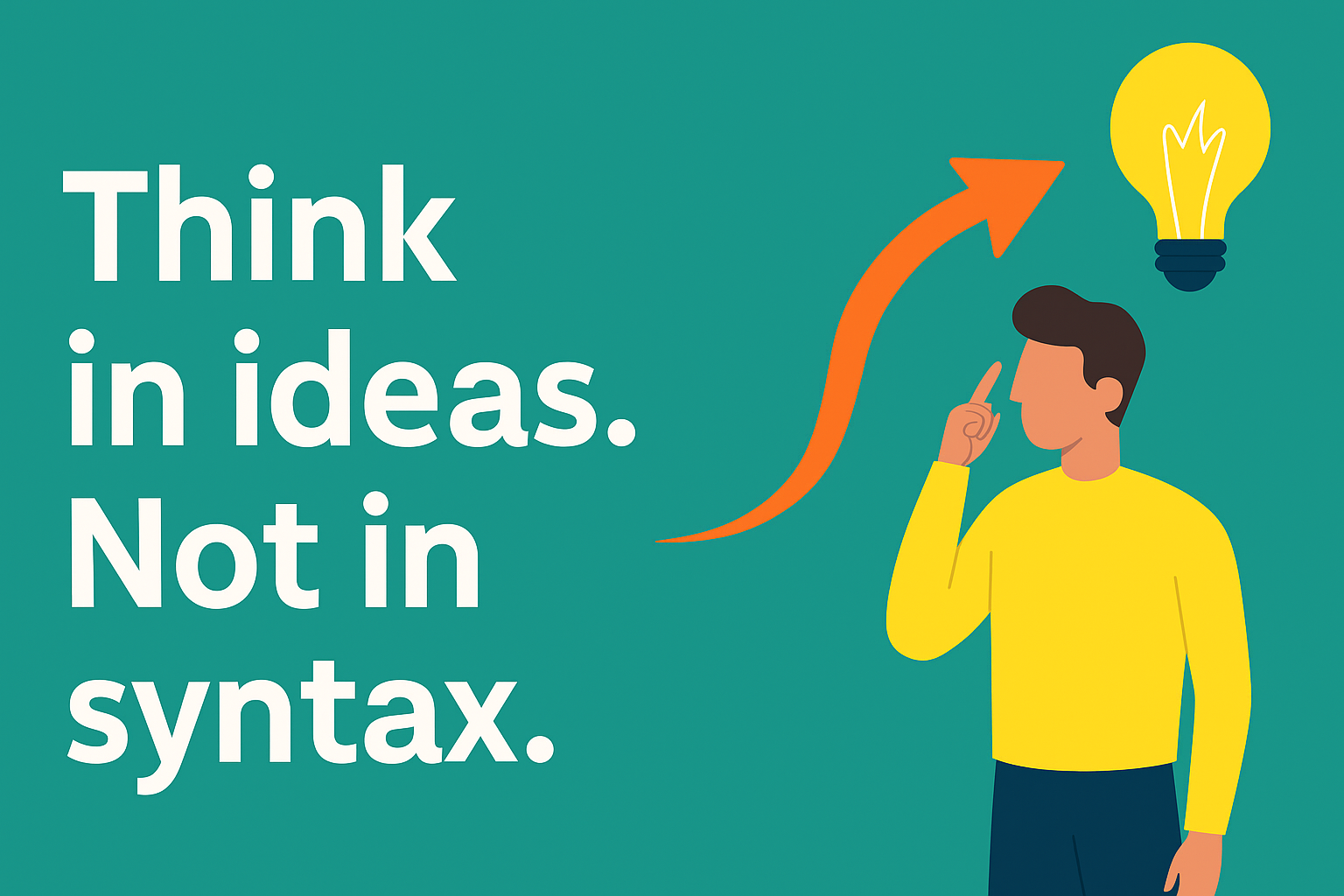🧠 选择语言: https://levitinlanguageschool.com/#languages
It’s the Same Words — But Not the Same Message
Ask any student of German: “Can one sentence mean five things?”
The confident ones will say: “No, not really.”
The honest ones will say: “I’m not sure.”
The truth? One sentence 会 have many meanings.
Not because the grammar changes.
But because the intention,"...... 关注, and the emphasis shift — and so does the message.
Why German Lets You Reshape the Spotlight
In German, word order is not just about correctness. It’s about point of view.
Think of a sentence like a spotlight:
You decide what gets the light first.
Even if every element stays the same, what you show first changes how people hear it.
Let’s take one simple sentence:
Ich habe ihn gestern gesehen.
(I saw him yesterday.)
Now watch what happens when we change the order:
- Ihn habe ich gestern gesehen.
→ It’s 他 — not someone else — that I saw. - Gestern habe ich ihn gesehen.
→ I saw him yesterday, not today or earlier. - Gesehen habe ich ihn gestern.
→ Emphasis on the action itself — I saw him yesterday. This could sound more poetic, dramatic, or reflective. - Habe ich ihn gestern gesehen?
→ A question, but still built from the same elements.
All of them use the same words.
But each creates a different picture in the mind of the listener.
Meaning Lives Between the Words
Textbooks often ignore this.
They teach rules, positions, and tables — but forget the listener.
Yet native speakers instinctively know:
- The first word matters.
- The last word echoes.
- The middle holds the rhythm.
In German, all three parts interact.
So when you change the word order, you’re not just moving pieces — you’re choosing how you’re perceived.
What German Actually Teaches You
German isn’t difficult because of its structure.
It’s difficult because you’re asked to choose:
What matters more — the person, the time, the feeling, the fact?
That’s what makes this language beautiful.
And that’s also why it trains your brain to be intentional.
在 列维廷语言学校, we don’t just teach word order.
We teach meaning order.
We ask:
- What do you want your listener to see first?
- What feeling do you want to create?
- How can the same sentence say more than one thing?
Because when students understand that, they stop memorizing and start creating.
Learn German as a Language of Intention
We help our students move beyond fear of “saying it wrong.”
Instead, we help them explore:
- how word order affects emotion
- how subtle changes create connection
- how to use grammar to say what you mean, not just pass a test
This is real communication.
And it’s how German becomes not just a language — but a tool for thinking.
🔗 Related reading from our blog:
→ 为什么德语的词序是合理的?
→ How Emphasis Changes Meaning in German Sentences
📚 Category: Interesting Information
🖋️ 作者:Tymur Levitin
Founder, Director and Head Teacher
开始语言学校 by Tymur Levitin / Levitin 语言学校
https://levitinlanguageschool.com/ | https://languagelearnings.com
Learn more about Tymur Levitin
© Tymur Levitin。保留所有权利。
本文及其内容属于作者的知识产权,未经许可不得复制或转发。
























